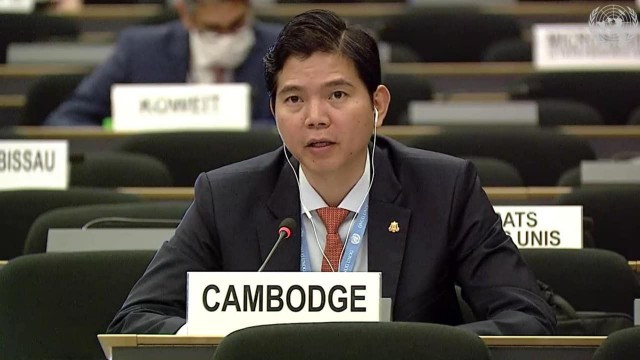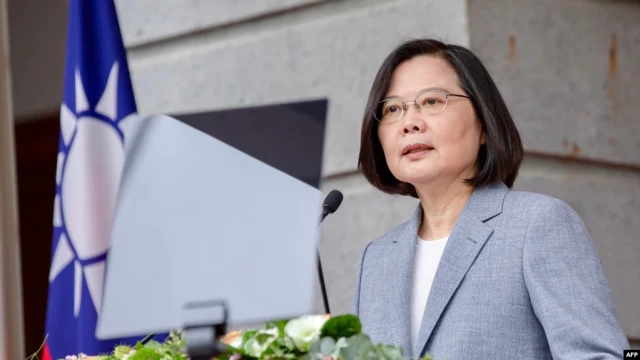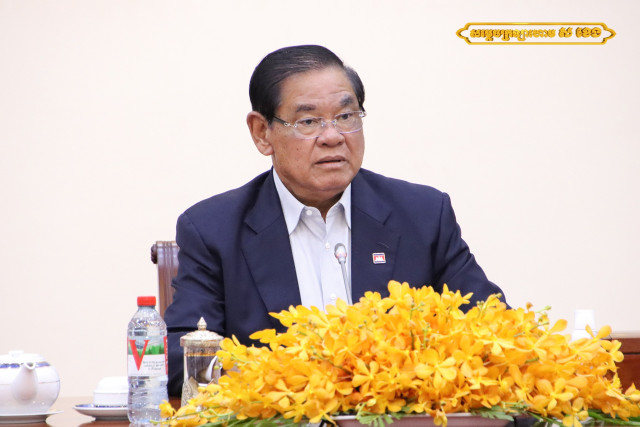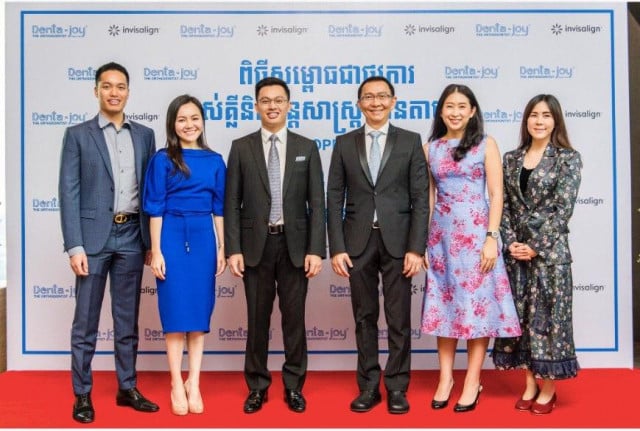Cambodia Says Disclosure of COVID-19 Patients’ Names Is Temporary

- Phoung Vantha
- December 12, 2020 12:20 PM
As the UN experts point out this may lead to discrimination against patients, let alone being a breach of privacy
PHNOM PENH--Cambodia on Dec. 12 responded to the concerns expressed by the United Nations (UN) human rights experts regarding the health authorities’ decision to publicly release private information on COVID-19 patients in the country, saying that this was a temporary measure.
In a press statement, the Permanent Mission of Cambodia to the UN Office in Geneva explained that those measures were required to curb community spread of the coronavirus.
“The disclosure of personal identity of individuals positive of the COVID-19 by the Ministry of Health was of paramount importance and absolute necessity under the circumstances warranting urgent and dire need to curb the spread into the community of this virus with complete darkness of its source with a view to protecting public health safety and security of the entire population guaranteed by international law,” the statement read.
On Dec. 4, Prime Minister Hun Sen agreed to the request of the Ministry of Health to release the names, photos and addresses of people who contracted the coronavirus in a recent community outbreak in the hope that people who had been in touch with them would get tested. This outbreak, which involved the director general of the General Department of Prisons at the Ministry of Interior, had, as of Dec. 11, led to 40 people testing positive for the coronavirus.
On Dec. 11, the human rights experts of the UN Human Rights Council said that releasing private information could have serious consequences for the persons involved. “The naming and shaming in public of those who have contracted the virus can lead to discrimination and stigma. These actions are deplorable breach of privacy.
“This may also deter people from having tests should they have symptoms of COVID-19 or if they suspect they are at risk of infection having been in close proximity with someone who has tested positive for the virus,” they wrote. “It is very concerning that personal data is being collected and published without consent. Confidentiality and privacy laws require appropriate safeguards, and remedies for the persons affected, to ensure the secure use of personal and health-related data, along with independent oversight.”
Saying that patients’ pictures are no longer displayed in the daily press release of the Ministry of Health, Cambodia’s permanent mission added in its statement, “[t]he name-obscuring practice will resume as soon as the community outbreak is fully contained.”
In their statement, the UN human rights experts pointed out that, since Cambodia had reported its first community transmission of COVID-19 after a number of prison officials had tested positive for the coronavirus, this raised fear about possible transmission of the virus among prisoners and detainees. “In order to prevent any potential outbreak, we urge the government to take all necessary preventive measures and prioritise mandatory testing for all detainees and prisoners,” they wrote.
In a joint statement on Dec. 9, Amnesty International, Human Rights Watch and the local rights group LICADHO had also requested that the Cambodian government take greater steps to safeguard the rights and health of prisoners.
The Permanent Mission of Cambodia on Dec. 12 said that “[p]recautionary measures and various initiatives have been introduced to prevent spread of the COVID-19 in prisons and to address overcrowded jail condition.”















